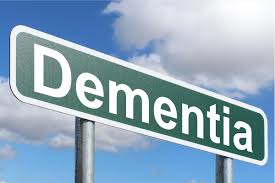There is no evidence that dementia affects people with learning disabilities differently to how it affects other people. However, the early stages are more likely to be missed or misinterpreted – particularly if several professionals are involved in the person’s care. The person may find it hard to express how they feel their abilities have deteriorated and problems with communication may make it more difficult for others to assess change.
About 20 percent of people with a learning disability have Down’s syndrome and people with Down’s syndrome are at particular risk of developing dementia as they have an extra chromosome, which is linked to and may explain their increased risk.
The prevalence of dementia in people with other forms of learning disability is also about four times higher than in the general population and further research is needed.
People with learning disabilities are also vulnerable to the same risk factors as anyone else. Genetic factors may be involved, or a particular type of brain damage associated with a learning disability may be implicated.
It’s good therefore to know that the Alzheimer’s Society has produced these Easy Read dementia factsheets, which you can download here.
Find out what support is available for people living with dementia and their carers in Sheffield here.





